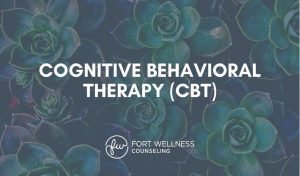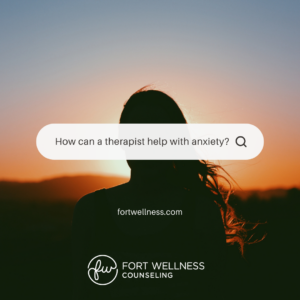Do you ever feel like your partner thinks they’re better than you? Or do they always think they’re right? Even when they’re clearly wrong? Or do they have an overly exaggerated sense of self-importance. Or do they seem to clearly lack empathy?
If these sound familiar, you might be involved with someone showing signs of narcissism. And if that’s the case, these relationships are extremely tricky to navigate – not to mention painful. (Especially if you’re on the receiving end of this behavior.)
Today’s blog post discusses how to deal with a narcissistic partner. Keep reading for signs and symptoms to watch for, as well as strategies for coping.
What is a Narcissist?
You might have heard the term “narcissism” thrown around – but what does it really mean? Well, narcissism is a personality disorder defined by the DSM. However, not everyone with narcissistic traits has a personality disorder. I’ve seen a recent uptick in social media posts about narcissism and some of what is described doesn’t necessary meet a clinical diagnosis. Only a trained professional that actually spends time with the identified person can diagnose that person and it can be reckless to diagnose someone without a license and for a therapist to speculate on someone they haven’t seen. However, there are a lot of symptoms that are helpful to be informed about.
Narcissists often have a high opinion of themselves, love being the center of attention, and have a hard time understanding others’ feelings. And when these behaviors become habitual, it creates a toxic environment that can be emotionally draining.
If these behaviors are a common occurrence, it might be worth exploring whether your partner has Narcissistic Personality Disorder (NPD). But even if they don’t meet all the criteria for NPD, that doesn’t mean their narcissistic behavior is okay. And even if they do meet criteria, only a trained professional can diagnose them.
Signs of Narcissism and Narcissistic Abuse
When people think of a narcissist, they often consider someone with a big ego. However, there’s so much more to it than that!
The classic signs of narcissism include:
- A general lack of empathy or disregard for other people’s feelings or opinions. Said differently, they lack empathy.
- A sense of grandiosity and feeling superior to others. (Or only focusing on their needs.) It can be an unreasonably high self of self-importance and require constant and excessive admiration.
- Using manipulative behavior or tactics to get what they want. (Oftentimes no matter the cost.)
- Gaslighting – when someone makes you question your own sanity.
- Consistent arrogant or obnoxious behavior. (Or directly ignoring boundaries because they know what’s best for everyone around them.)
- Believing that they deserve and entitled to special treatment.
- Being preoccupied with fantasies about success and power.
- Be critical of and look down on people that they see as “less than them.” They will mainly only want to hang out with “highly important people.”
- Inability to accept criticism.
How to Recognize Narcissistic Abuse from Your Partner
Does being with your partner feel somewhat like an emotional roller coaster? Are the constant ups and downs draining from your own life?
If so, you might be experiencing narcissistic abuse. Here are some signs your partner might have narcissistic tendencies:
- Love bombing — offering excessive attention that makes you dependent on them or gives them a sense of control in the relationship.
- A constant sense of criticism – no matter what you do, they think it’s wrong.
- They make you hesitant to set boundaries or express your true feelings.
- They encourage you to put distance between yourself and your loved ones.
If the majority of these resonate with you, keep reading to learn how an experienced Fort Worth therapist can help cultivate positive change.
How to Deal with A Narcissist Partner: Support from A Fort Worth Counselor
Living on eggshells is difficult – but there are ways to effect change for the better! And that’s where Karen Blandino can help. As a certified narcissistic abuse treatment clinician, she’ll empower you with the tools you need to feel better.
With her special training, Karen offers a listening ear to people who’ve been through tough times in narcissistic or difficult relationships. She uses techniques like EMDR, Narrative Therapy, CBT, Solution Focus, and Trauma Therapy to help patients heal and move forward.
Want to know more about how Karen can help you? Get in touch with our team today.


















































































